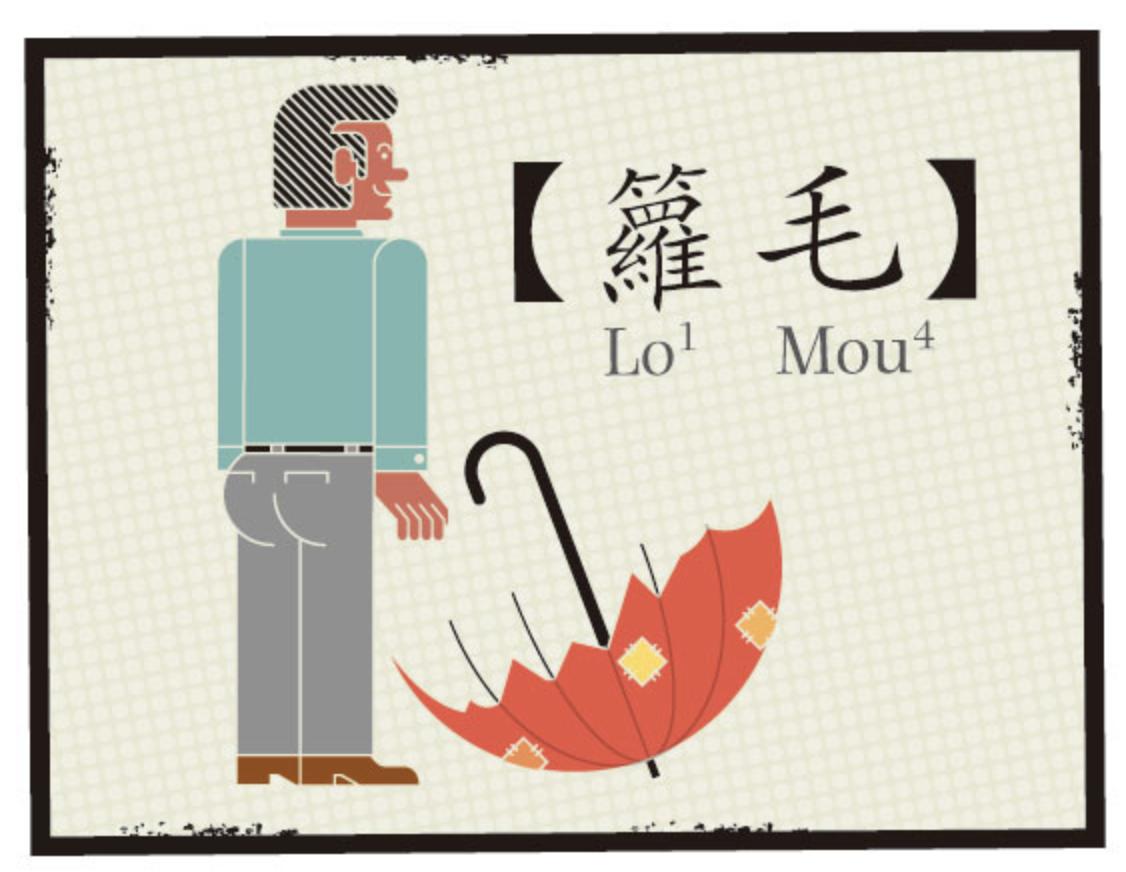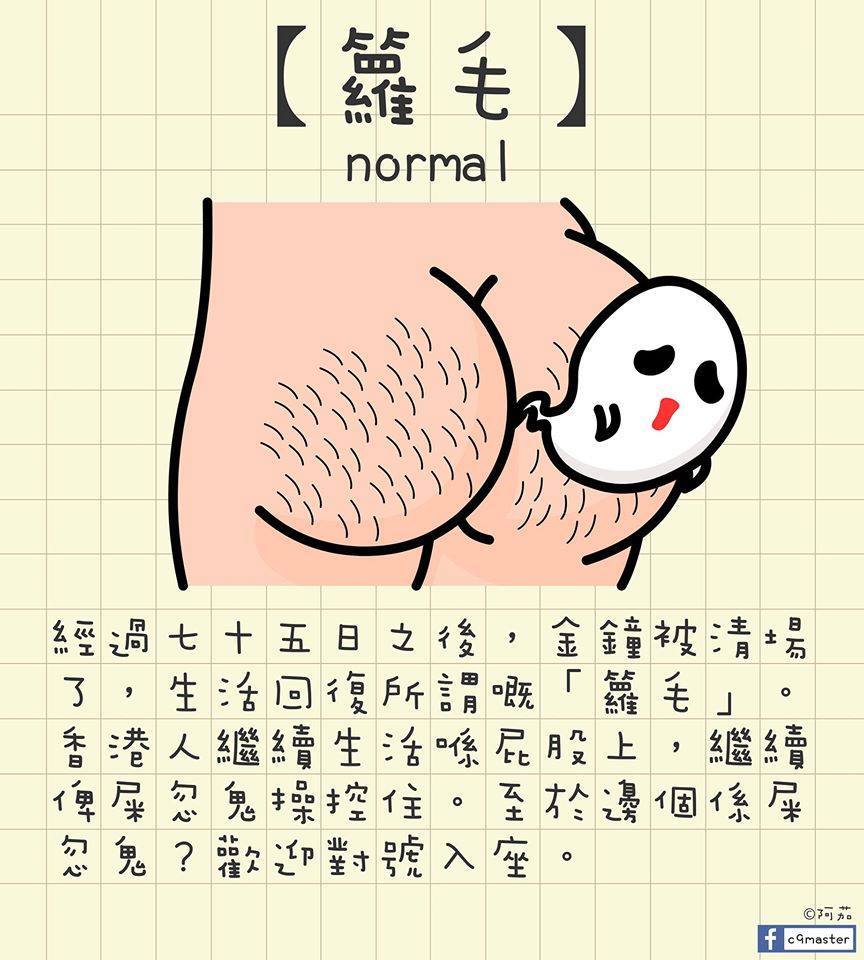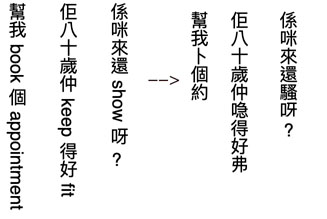I have been watching local Hong Kong food reviews and have been hearing the word “lo1mou2” being said again and again.
I have been wondering for a very long time what this word could have meant. A search in a cantonese dictionary points me to “naked”, which definitely does not make sense given the context.
Finally, in one of the videos are subtitles in standard written chinese and is written as “普通”, which made me realised the “lo1mou2” i have been hearing is a loan word for “normal”.
Please confirm this? What are the chinese characters for this?
I suspect this to be like “boss” (波士?), “store” (士多), “support” (十卜) all loan words (and a very interesting culture)!



